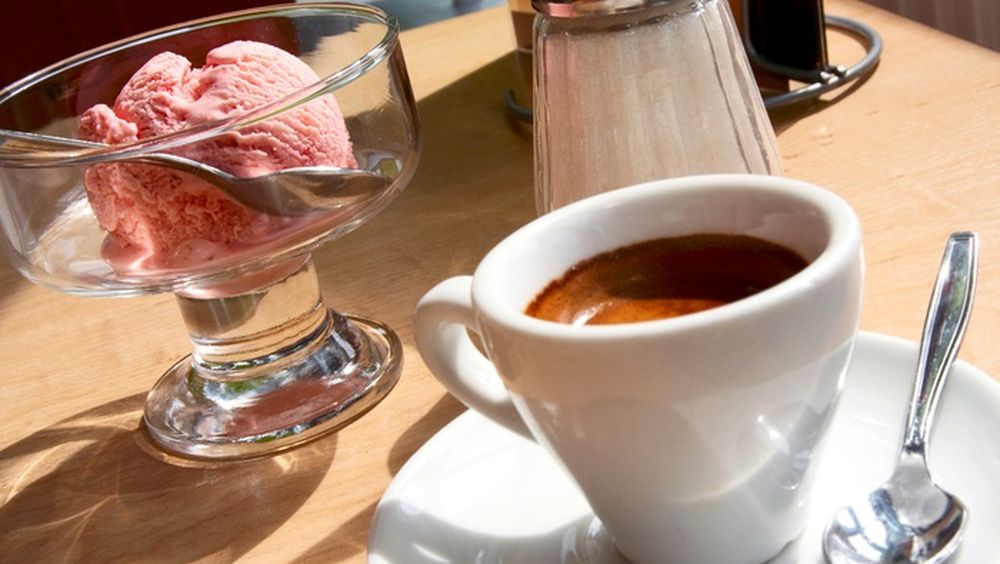Can’t let go of a piping hot cup of coffee, be it in the morning or whenever you feel like giving yourself an energy boost?
Well then there’s good news for you. You’ll be pleased to know that your favorite drink may end up adding a few more years to your life.
A new study states that coffee can be part and parcel of a healthy diet.
The new research, which was published in the Journal of the American Medical Association, takes a look at how coffee can improve your odds of living longer.
For starters, the study found that people who drank just one cup of coffee had a 6% lower risk of dying early. Those who drank 6 cups of coffee daily had a 16% less risk of passing away early.
But we are getting far ahead of ourselves here. Let us take a look at how the study arrived at its conclusions.
About the Study
This research was carried out by a UK-based organization which monitored the well-being and health of 50,000 volunteers as part of this study. The researchers who were in charge of carrying out this study belonged to various institutions such as the National Institute of Health as well as the National Cancer Institute.
To gauge the effect on people’s health as a result of consuming coffee, the study took notice of these factors:
- how much coffee was consumed,
- how often coffee breaks happened,
- what type of coffee people preferred – caffeinated, decaffeinated, etc.
- educational background
- physical fitness and activity levels
- health factors such as smoking, alcohol intake, etc.
The authors of the study discovered that less number of coffee drinkers died earlier than those who didn’t consume it. This also accounted for harmful factors such as those who smoked or had alcoholic drinks as well.
To no one’s surprise, those who drank coffee AND didn’t indulge in smoking or alcohol intake had a significantly lesser risk of dying from cancer, heart-related ailments and other diseases.
Surprisingly, the type of coffee people drank as part of this study – natural, instant, decaffeinated – had no effect on their lifespan.
Credible or Fake Findings?
Normally, these sort of studies may invite their fair share of critics, given how caffeine has a bad reputation in certain circles. But it seems that this study’s findings confirm the results of those that came before it.
The International Agency for Research on Cancer partnered with Imperial College London for a similar study, with a significantly expanded sample size of almost half a million volunteers that belonged to 10 European countries. Their research was concerned with finding out if high level of coffee intake resulted in a lower risk of death from all causes – mostly from gut and heart-related diseases.
Another study by the University of Southhampton points to the role coffee (particularly the caffeinated kind) plays in protecting against liver cancer.
Drinking one cup more of caffeinated coffee a day was associated with a 20% reduction in the risk of developing the cancer, two cups more with a 35% reduction, and up to five cups with a halving of the risk.
Studies are one thing. And you might be correct in wondering how exactly does coffee accomplish all these live-saving hacks. Let’s take a look at how it helps, scientifically speaking.
How Coffee Helps Your Body
To understand how coffee is beneficial for the human body, researchers point to a host of life-saving ingredients that a cocoa bean has. For example, a roasted bean contains over 1,000 bioactive compounds, some that can potentially help in combating cancer, inflammation and oxidants in our bodies.
Risks Remain
However, coffee does have its flip sides as well. A study concludes that it should be avoided during pregnancy, as coffee has been linked to premature births and low birth weight.
Not just this, but last year a US court ruled that coffee makers should carry warning labels with their products, given how grounded coffee could contain a toxic compound acrylamide that can potentially cause cancer. This toxic compound may be present in coffee as it is produced during roasting cocoa beans.
All these concerns aside, one should consult their personal physician before opting for a caffeine-heavy coffee diet. It never hurts to be sure.


























It’s Based on Science : Not Based in According to ISLAM
Naiki Aur SADQA Karne Se Age Main Izafa Hota hai
well said
1800 mei kon c coffee thi?
1800 mei kon c coffee thi?